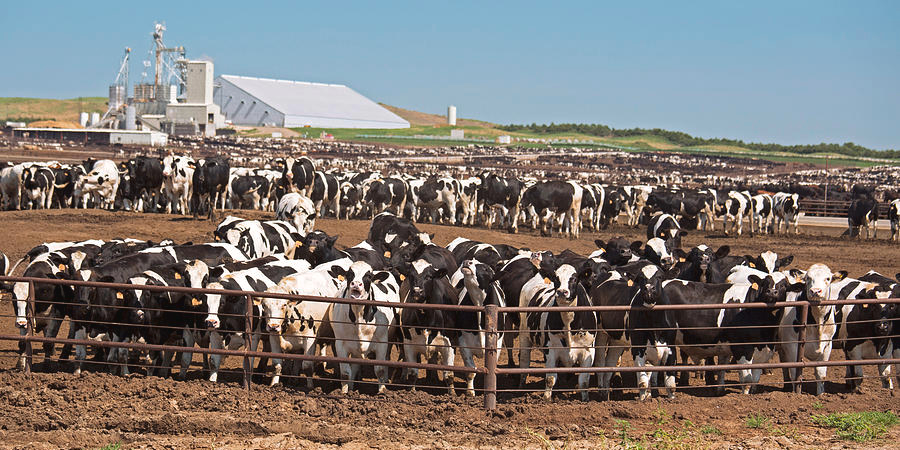November 21, 2024
Australian livestock exporters form joint venture to supply dairy cattle to Indonesia

Two prominent Australian livestock exporting companies have joined forces to supply dairy cattle to Indonesia, aligning with Indonesian President Prabowo Subianto's policy to provide free milk to schoolchildren.
Tony Gooden of Frontier Agri International and Andy Ingle of Southern Australian International Livestock Services (SAILS) confirmed the partnership.
Frontier Agri is a leading exporter of Australian cattle to Indonesia and Vietnam, having shipped over 100,000 cattle to Indonesia this year and nearly one million over the past 11 years. SAILS, which acquired the "Landmark International" business from Nutrien in 2020, specialises in exporting dairy and breeding cattle, having delivered 195,000 head from Australia, New Zealand, Uruguay, and Chile.
Gooden and Ingle, both experienced figures in the livestock export industry, highlighted the complementary strengths of their companies. These include established customer relationships in Indonesia and expertise in sourcing and exporting Australian dairy cattle.
Indonesia's demand for dairy cattle is set to grow significantly under President Prabowo's initiative to provide free meals, including milk, to approximately 82 million schoolchildren. The plan will require importing over one million dairy cows between 2025 and 2028.
The Indonesian government has allocated IDR 71 trillion (US$4.4 billion) for the free school meals programme, with IDR 14 trillion (US$879 million) designated for fresh milk procurement. Efforts to support the plan include preparing 1.5 million hectares for dairy farms, increasing investment in dairy processing, and simplifying the import process for dairy cattle.
Managing this large-scale importation and the associated farming and processing needs will be a significant logistical challenge. However, President Prabowo has expressed a strong commitment to advancing the initiative, aiming to move Indonesia closer to self-sufficiency in protein production.
Tony Gooden emphasised the importance of the programme for both Indonesia and the Australian livestock industry. "Indonesia is an incredibly important livestock market. This year, it will take close to 600,000 Australian cattle," he said.
Gooden noted that most Indonesian dairy farms are in the highlands of Central and Eastern Java, where conditions are favourable for dairy production. The choice of cattle breed—Holsteins, Jerseys, or crossbreeds—will depend on the specific regions and climates.
Andy Ingle stressed the importance of providing technical support and matching cattle to the appropriate environments. "Each project needs to have technical advice and be assessed individually," he said.
Initial imports are expected to range between 30,000 and 40,000 cattle, according to Indonesian partners.
Concerns have been raised within the Australian Livestock Exporters Council (ALEC) about the potential risks of inexperienced operators supplying unsuitable cattle, leading to poor outcomes.
Mark Harvey-Sutton, CEO of ALEC, highlighted the need for pre- and post-sale investment and adherence to industry standards. While the Australian Standards for the Export of Livestock (ASEL) apply to cattle up to the point of arrival, the Export Supply Chain Assurance Scheme (ESCAS) does not cover breeding livestock.
"President Prabowo's commitment represents a significant opportunity for Australia and our industry," Harvey-Sutton said. "It is critically important that the Australian government and industry support Indonesia's efforts to improve nutritional needs while maintaining market access and animal welfare standards."
ALEC members are held to a Code of Conduct that includes policies on managing breeding livestock in destination countries. Harvey-Sutton reiterated the need for a unified strategy between the Australian government and industry to support Indonesia's initiative responsibly.
- Beef Central










